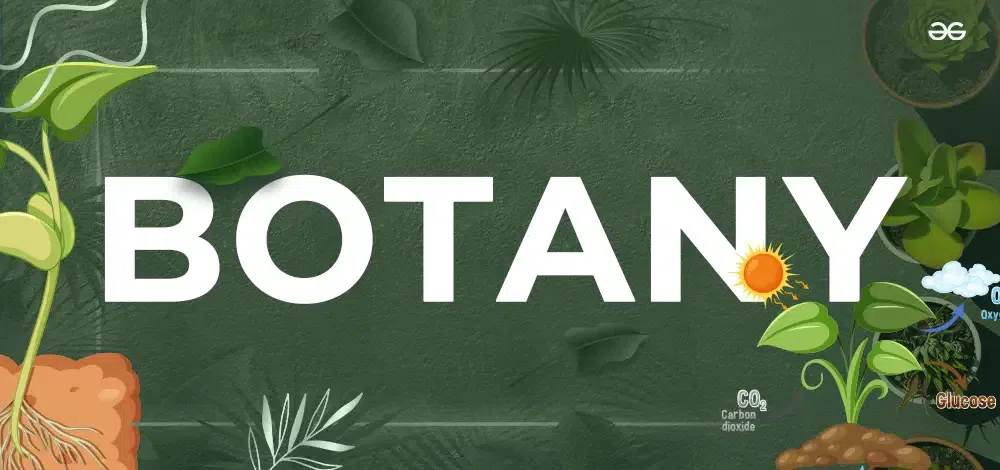Rooted in Tradition: Exploring the Mystical Bonds Between Humans and Earth’s Flora
Rooted in Tradition: Exploring the Mystical Bonds Between Humans and Earth’s Flora
Blog Article
In an era dominated by technology and urbanization, it's simple to overlook the unbelievable position flowers perform in sustaining living on Earth. However, gardening are much more than just a backdrop to your day-to-day lives—they are imperative to the well-being of both the surroundings and humanity. From purifying the air we breathe to marketing emotional wellness, flowers will be the unsung guardians of our planet's health.

The Crucial Position of Plants in the Environment
Flowers offer as the backbone of Earth's ecosystems, offering a multitude of advantages that maintain life. They produce air through photosynthesis, an activity wherever plants convert sunlight into energy and release oxygen as a byproduct. This organic occurrence is essential for individual survival, as well as the emergency of numerous different species.
Beyond air production, flowers also become normal carbon sinks. In the face area of weather change, crops absorb big amounts of co2 from the environment, helping to mitigate the consequences of worldwide warming. Woods, for instance, have already been proven to keep more carbon inside their biomass, creating them critical participants in the fight environment change.
Furthermore, flowers are crucial in maintaining soil wellness and avoiding erosion. Their roots secure the land, lower runoff, and increase water retention. This generates a healthy environment that supports biodiversity and helps manage local climates.
Plants as Heart Nourishers
Equally, the historical Greeks and Romans credited different heavenly qualities to plants, from the laurel wreath that symbolized victory to the olive pine representing peace and prosperity. In several indigenous countries, flowers like sage and forest were found in cleansing rituals, believed to cleanse rooms and spirits.
On a psychological stage, crops likewise have a profound affect human health. Research shows that only being about greenery may minimize strain, enhance creativity, and improve overall mood. Whether it is a houseplant on your own windowsill or a stroll by way of a rich park, the presence of crops has a calming impact on the mind.
Flowers also contribute to better air quality. Many indoor plants may filtration contaminants, such as for example benzene, chemical, and ammonia, purifying the air and creating a healthy living environment. The therapeutic features of plants, equally inside and outside, aren't only clinically reinforced but may also be celebrated by cultures worldwide.

Conclusion
The quiet, however strong, influence of plants on both planet's ecosystems and human well-being cannot be overstated. Even as we continue to face environmental and intellectual health problems, it's crucial that individuals identify plants as correct "natural guardians"—working guards of the Planet and healers of the human spirit. Let's continue to nurture, defend, and enjoy the unbelievable energy of plants, ensuring a thriving planet for future generations. Report this page